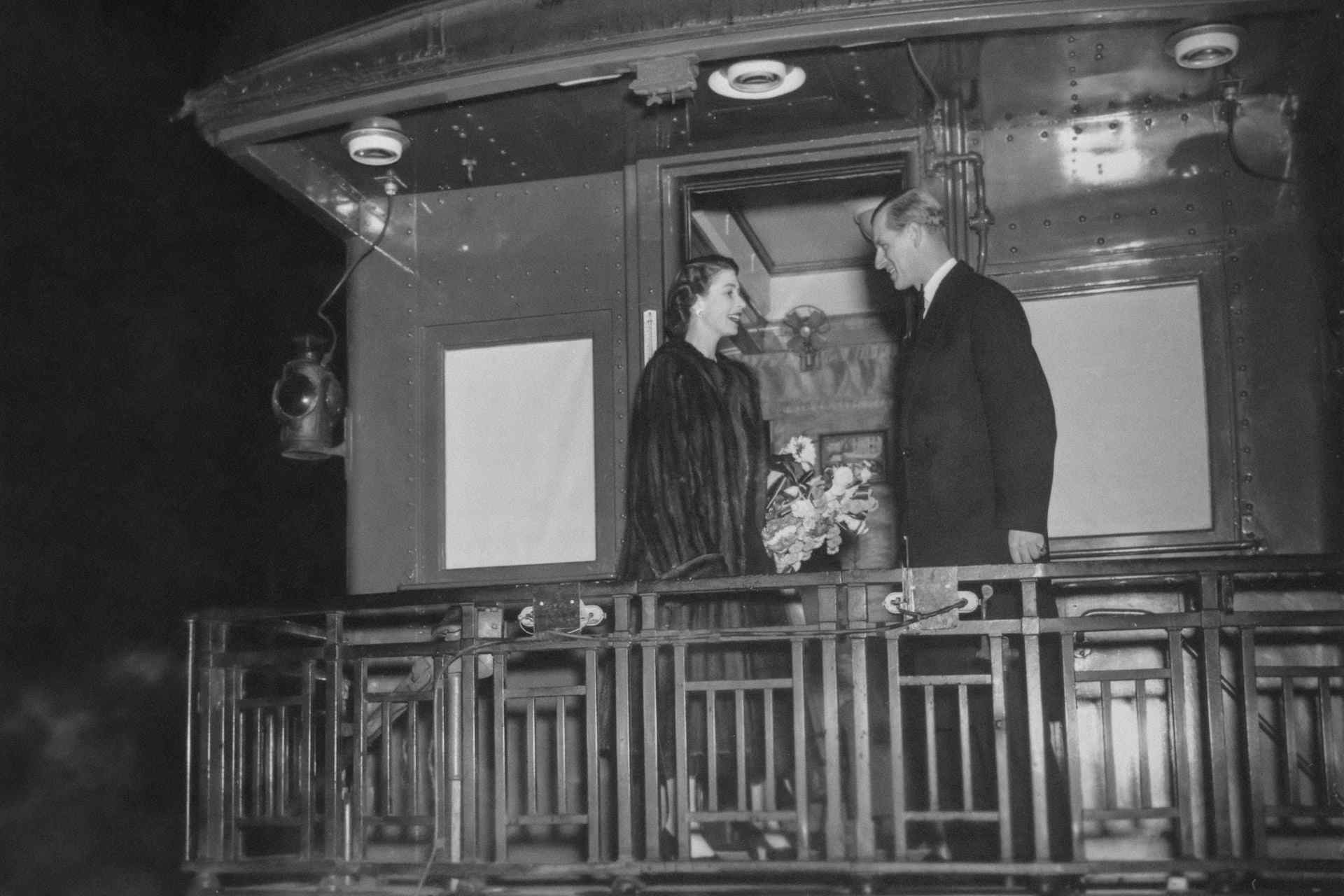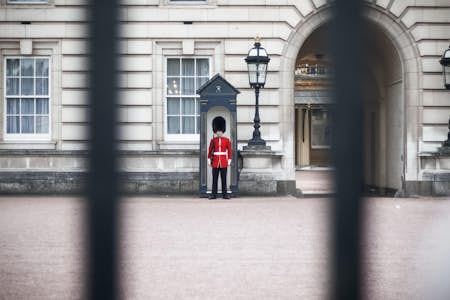Prince Philip, Duke of Edinburgh, sadly passed away today. Husband and confidant to the Queen, environmentalist before it became fashionable, a strong supporter of charities and an inspiration to many young children, he will never be forgotten.
The media portrayed perception of Prince Philip is very different to reality. He has always attracted an air of mystery and intrigue, which began at a very early age. Officially born on 10th June 1921 on the island of Corfu, his birth certificate carries the date of 28th May 1921. However, this was no conspiracy theory; at the time, Greece had not yet adopted the Gregorian calendar.
Challenging childhood
Prince Philip’s parents, Prince Andrew of Greece, and Princess Alice of Battenberg, did their utmost to protect their only son and his four sisters in difficult times in Greece. Banished from the country after a coup d’état in 1922, the family’s connection with the British monarchy began to blossom. King George V, the second cousin of Prince Andrew, sent a British warship to take the family to Italy. Legend has it that the future husband to Queen Elizabeth II spent much of the journey in a crib made out of an orange box.
Prince Philip was a much-travelled child, starting his education in France before moving to England and spending time in Germany. Under the guidance of Jewish educational pioneer Kurt Hahn, Prince Philip flourished, even following Hahn to Scotland after being forced out by the Nazis. Sadly, the Prince's close-knit, loving family was torn apart when his mother was diagnosed with schizophrenia, spending her later years in an asylum. Effectively removed from family life, Prince Philip saw very little of his mother from this point onwards.
A career in the forces
At the age of 18, with war looming, Prince Philip joined the Britannia Royal Naval College, Dartmouth, as a cadet. History shows that his preference was to join the Royal Air Force. Still, the seafaring tradition of his mother's family took precedence. While attending Naval College, Prince Philip was assigned to escort Princess Elizabeth and Princess Margaret, the daughters of King George VI and Queen Elizabeth.. As an impressionable 13-year-old, this was the day Queen Elizabeth II met her future husband, a young man who would become her lifelong confidant.
There was little time for romance, with Prince Philip passing out at the top of his class in January 1940 and then thrust into military action in the Indian Ocean. The Prince took to life on the ocean waves like a fish to water, becoming one of the youngest ever Royal Navy lieutenants in October 1942. While his relationship with the then Princess Elizabeth would not develop until peacetime, they exchanged letters during his time away in action. In fact, Prince Philip received numerous invitations from the Royal family to stay with them while on leave.
A blossoming romance
Despite resistance from some quarters within Buckingham Palace, their relationship began to blossom after the war. Described as “rough and ill-mannered” by royal courtiers, it is safe to say that Prince Philip was not the first choice love interest for the King’s daughter. Unperturbed, the young Princess was smitten, as was Prince Philip, asking the King for his daughter’s hand in marriage during the summer of 1946. Lifelong traditions associated with the Royal family meant that Prince Philip was forced to renounce his Greek title and citizenship. He became a British citizen, taking the English version of his mother’s surname, Mountbatten.
Prince Philip and his childhood sweetheart were married in Westminster Abbey on 20th November 1947. This was post-war Britain, a country still recovering, families still in mourning and in much need of a "flash of colour," as Winston Churchill famously described the wedding. After a short break from naval responsibilities, Prince Philip returned to duties. The young couple was posted to Malta, living the life of a service family.
The Duke of Edinburgh is survived by his four children, Prince Charles, Princess Anne, Prince Andrew and Prince Edward. While his early relationship with Prince Charles was “difficult”, it is believed they made peace and were much closer in recent years. A young family, blossoming naval career and still in the honeymoon period, unbeknown to Prince Philip, everything was about to change.
The worsening health of King George VI
In July 1951, Prince Philip was forced to take leave from the Royal Navy, a move that would later become permanent. This would turn out to be one of his greatest regrets. While appreciative of the need to be by the side of his wife, Princess Elizabeth, many believe he had the potential to become First Sea Lord of the Royal Navy. As King George VI health continued to deteriorate, Prince Philip and Princess Elizabeth found themselves in the midst of a Commonwealth tour when tragedy hit.
On 6th February 1952, King George VI suffered a coronary thrombosis which proved fatal. The news came through while the couple were staying at a game lodge in Kenya. Prince Philip was given the unenviable task of informing his wife. His childhood sweetheart, the former Princess Elizabeth, was now Queen Elizabeth II, and the devastated couple returned to England. On 2nd June 1953, at the age of just 25, the coronation of Queen Elizabeth II took place at Westminster Abbey. Life for the young royal couple would never be the same again!
Duty and strength of character
While Prince Philip has been criticised on numerous occasions for his seemingly "cold" relationship with his children, especially Prince Charles, he was in an unenviable situation. Still relatively young, having suffered a lonely childhood after his mother was committed to an asylum, he was seen as a tough but fair father. Forced to retire from his beloved Royal Navy, he enjoyed an active social life and was head of the family. However, his role as supporter, confidant and adviser to his wife, Queen Elizabeth II, would dominate his life.
It is common knowledge that the Queen has depended heavily upon Prince Philip's support during what have been modernising times for the Royal family. Appreciating tradition but needing to reflect an ever-changing society, Prince Philip and his childhood sweetheart Queen Elizabeth II faced many challenges together. A strong family man, sharp of wit and sharp of tongue, sometimes his attempts to put people at ease were misconstrued. Strong and forthright to the very end, Prince Philip will be mourned across the country.
Duty, tradition and responsibility
Having taken to the throne at the tender age of 25, Queen Elizabeth II has never known life without her husband, love of her life and private confidant by her side. While her own unswaying commitment to the throne, the United Kingdom and her people will continue, the loss of Prince Philip is a devastating blow.
While he may have alienated the press with his strong views and forthright remarks, let’s not forget his legacy. A promising career in the Royal Navy cut short, life in the shadow of his wife as a private confidant, support for more than 800 charities and a lifelong commitment to the United Kingdom.Prince Philip, Duke of Edinburgh, was a unique character in a world of manufactured celebrities. He will be sorely missed.
Image Credit: Provincial Archives of Alberta at Unsplash








